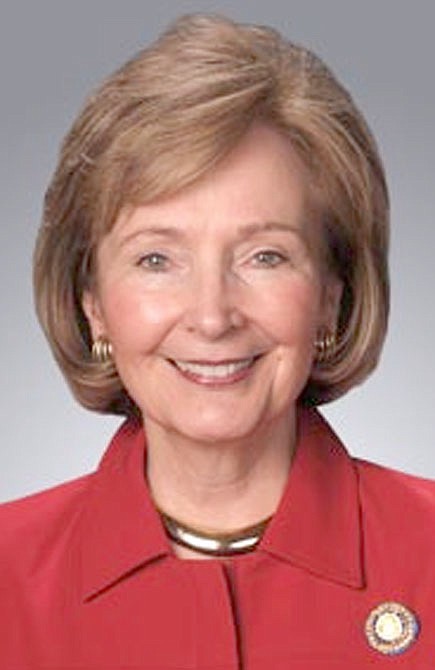LITTLE ROCK -- The legislature begins several weeks of intense activity when it is scheduled to convene in special session on April 6, followed by a fiscal session that is scheduled to begin on April 13.
The special session will be limited to health care issues. Legislators will consider changes to the Medicaid program. Specifically, the legislature will consider proposals by the governor to extend Medicaid coverage to adults with yearly incomes of up to 138 percent of the federal poverty level. Medicaid already covers children in low-income families through a program called ARKids First.
The governor has proposed naming it Arkansas Works. One of its components would encourage recipients to seek job referrals. The Health Reform Legislative Task Force has voted to endorse Arkansas Works.
The task force is composed of eight senators and eight representatives. Of the 16 task force members, 10 voted in favor of the governor's Medicaid extension, two voted against it and four did not vote.
However, the task force was divided on the issue of managed care. Two competing proposals are under discussion. One has the governor's support and the other is backed by a group of legislators. Both have similar goals, but would achieve those goals through different methods.
Both plans would greatly hold down Medicaid costs -- the governor's by an estimated $1.4 billion over five years and the alternative by $1 billion, also over a five year period. The estimates were made by a private consultant hired by the task force. The plans differ in how they would assign financial risks in the event cost savings were not realized.
Also, both plans would allocate funds to benefit people with developmental disabilities who are on a waiting list for services that help them live more independently, either in their own homes, in the home of a family member or in an alternative residence. Some benefits include paying a caregiver when non-paid family members are absent. Some people need special equipment that helps them with daily tasks.
The competing plans differ in the source of funding and in amounts of services that would be available to individuals on the list. Both proposals are supported by legislators who want to reduce or eliminate the waiting list.
There are 2,640 people on the waiting list. Last year 4,124 Arkansas residents with developmental disabilities received services that cost the state and federal governments almost $205 million, according to the task force consultant.
The special session will be limited to consideration of Medicaid and health care issues. Medicaid is a government health coverage program for people with low incomes and people with disabilities. It pays for the majority of nursing home care in Arkansas.
In general, federal funding pays for 70 percent of Medicaid costs and state funding covers the rest. In more prosperous states the federal government pays a smaller share of Medicaid. The formula is based on per capita income and poverty levels.
The fiscal session will be devoted to budget bills for all state government agencies. In past fiscal sessions, which are held in even number years, the legislature has approved about 300 separate appropriation bills. While changes in Medicaid services will be considered during the special session, the appropriation that authorizes Medicaid spending will be voted on during the fiscal session.
•••
Editor's note: Arkansas Senator Cecile Bledsoe represents the third district. From Rogers, Sen. Bledsoe is chair of the Public Health, Welfare and Labor Committee.
Editorial on 04/06/2016
